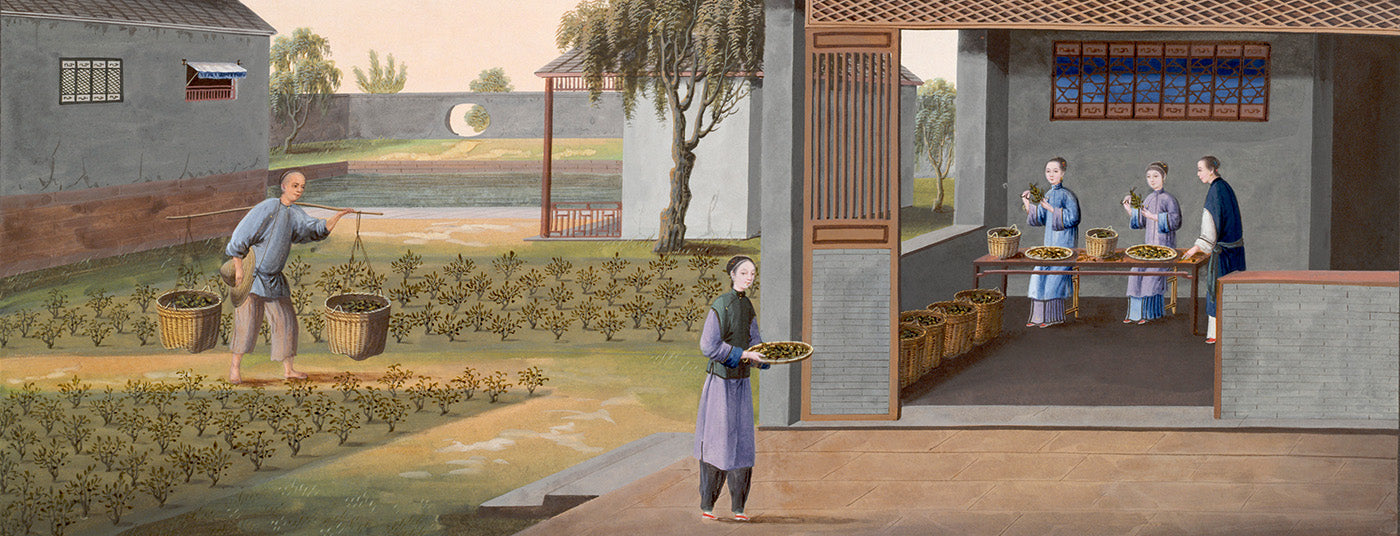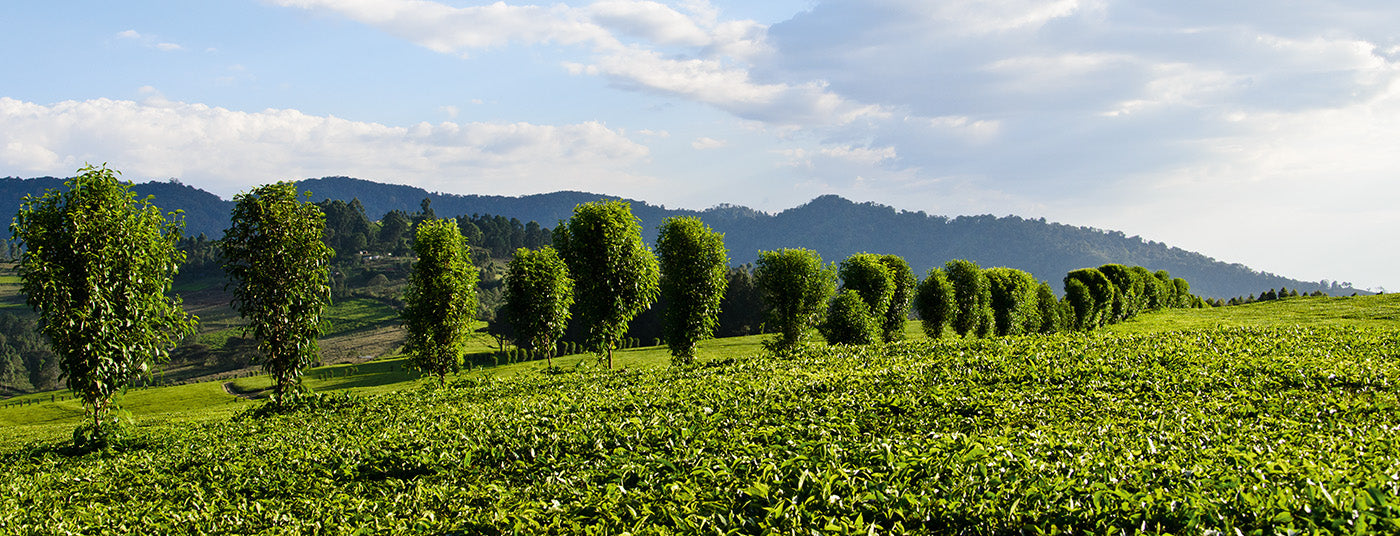A fascinating journey around the world

The origin of tea
The original home of tea is China. Legend has it that tea was cultivated in the southwestern province of Yunnan around 5000 years ago. It is, however, a fact that a tax was levied on tea in China as early as 221 B.C.
The terms used in Europe to describe the beverage, such as tea, thé and Tee, come from the Chinese Min-Nan dialect 茶 (pronounced «tê»), because the European nations obtained tea by the sea routes from southern China. The Mandarin term chá, on the other hand, is the origin of the Russian, Arabic and Turkish word tschai because tea was exported overland to Turkey, Russia and Persia via northern China.
Tea is cultivated in subtropical monsoon climates with hot, wet summers and relatively dry, cool winters. It occurs from the South of Japan and Korea to southern China and northeastern India. Towards the south the tea plant is also found in Laos, Myanmar, Thailand and Vietnam.
Green and black tea is produced mainly in Asia, but also in Africa, America, Australia and even in Europe (but only in Turkey and on the Azores). The major tea-producing nations are China, India, Kenya, Sri Lanka and Turkey.
Tea and infusions

Tea and herbal infusions
Some European languages make a distinction between teas and infusions. In Spanish, for instance, "té" is black tea while all the other varieties are called "infusíon". The French use the word "tisane" for herbal and fruit teas. The word infusion in English usually refers to herbs brewed to make medicinal remedies.
In recent years, tea-based beverages have become enormously popular in western countries. This is no doubt connected with the increasing importance of healthy nutrition, but the comforting effects of a warm beverage increasingly appeals to the young generation.
We import not only top-quality leaves from the world's best-known tea gardens but have also spared no effort in sourcing herb and fruit tea blends, of which we buy only the very finest organically grown raw materials.
To meet our highest quality standards, we even grow our Moroccan mint tea and our Verveine tea ourselves in Marrakesh according to stringent international organic guidelines. Fortunately, we did not need to travel quite so far for our Swiss Piz Palü herb tea and found what we were looking for in the Poschiavo valley in the canton of Graubünden.